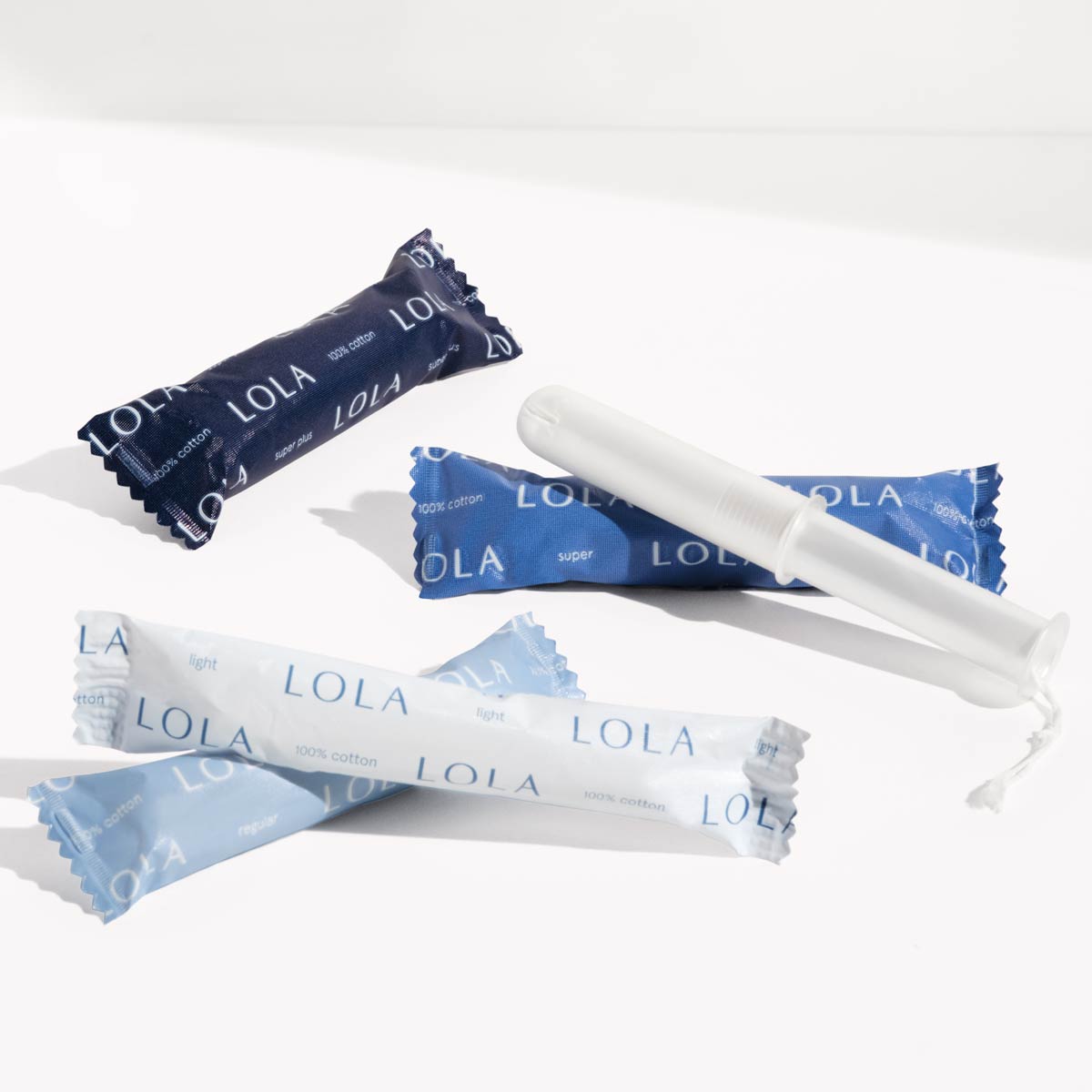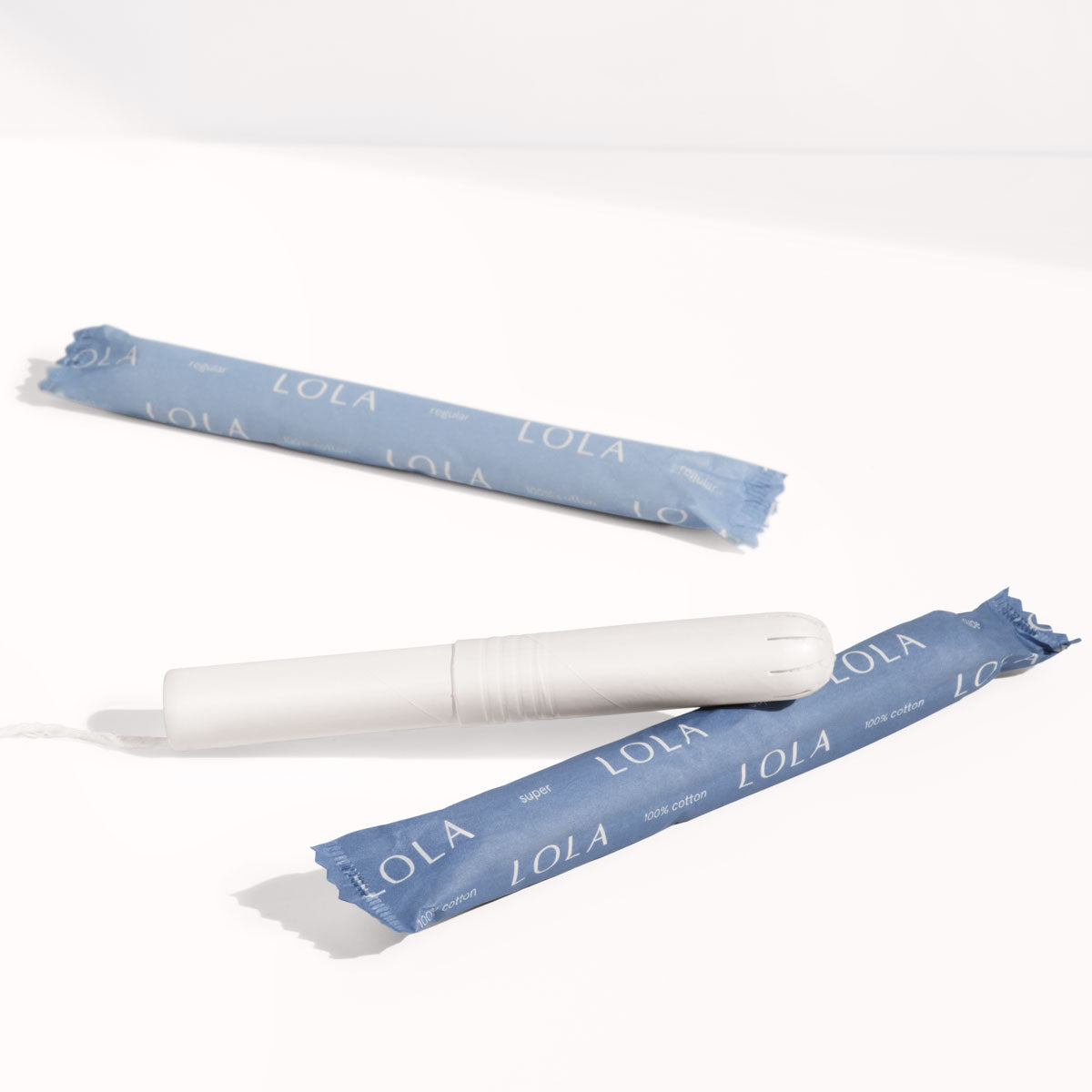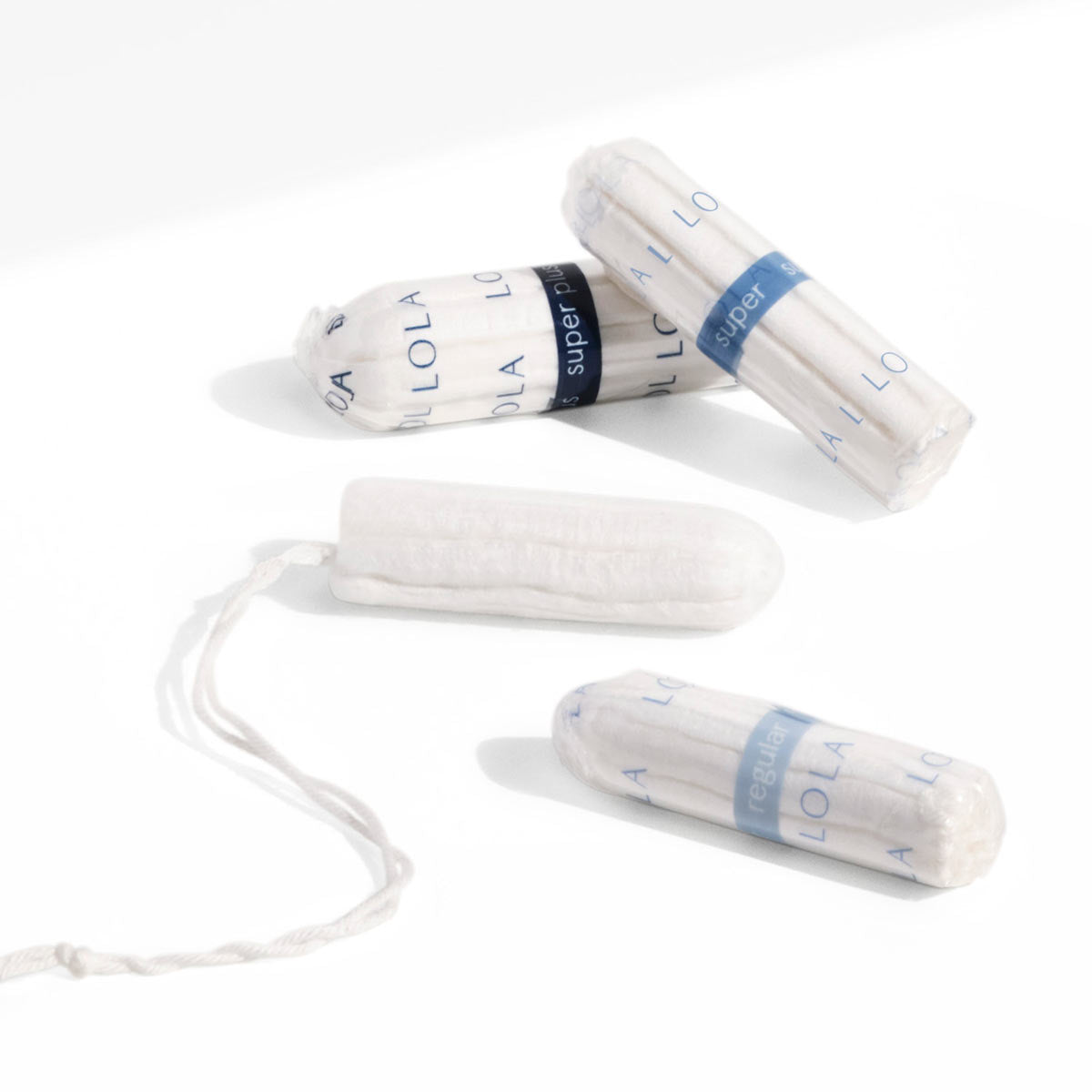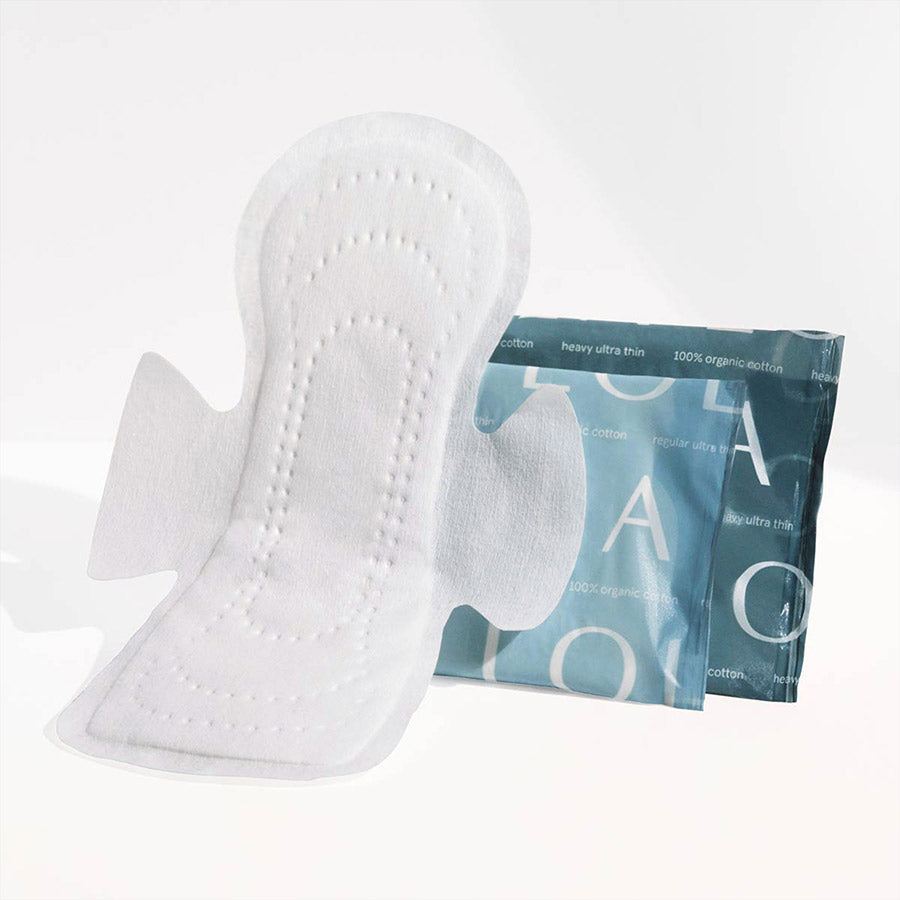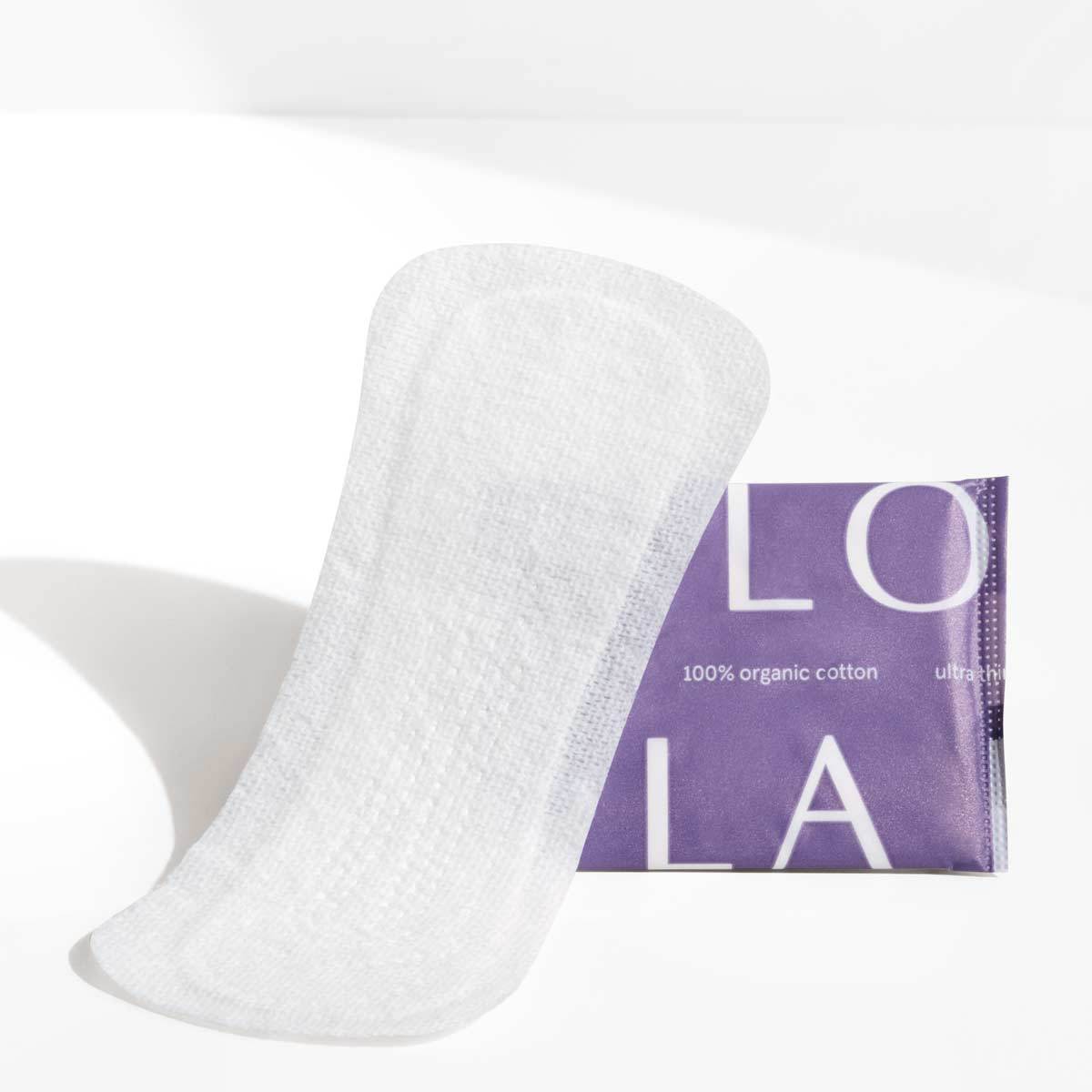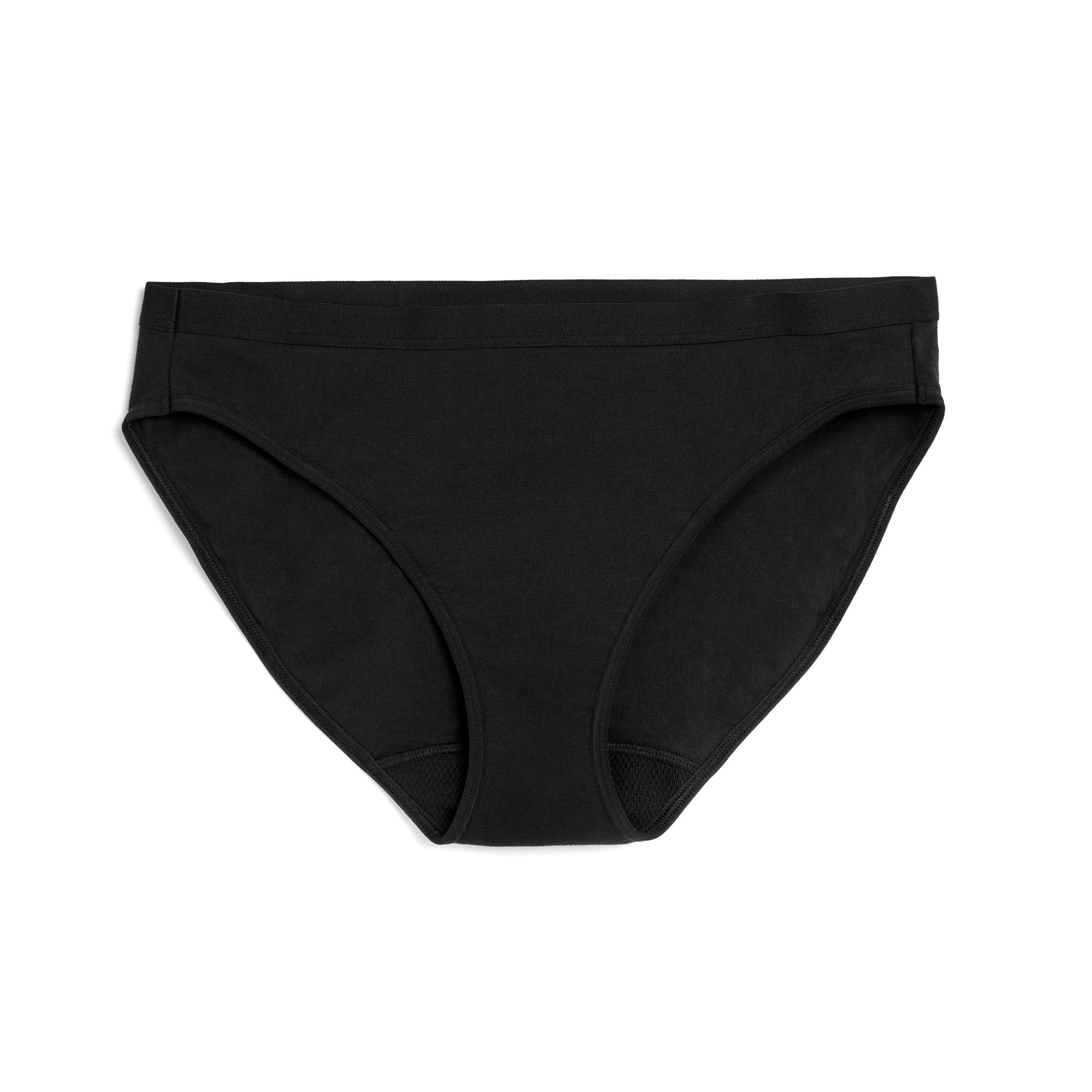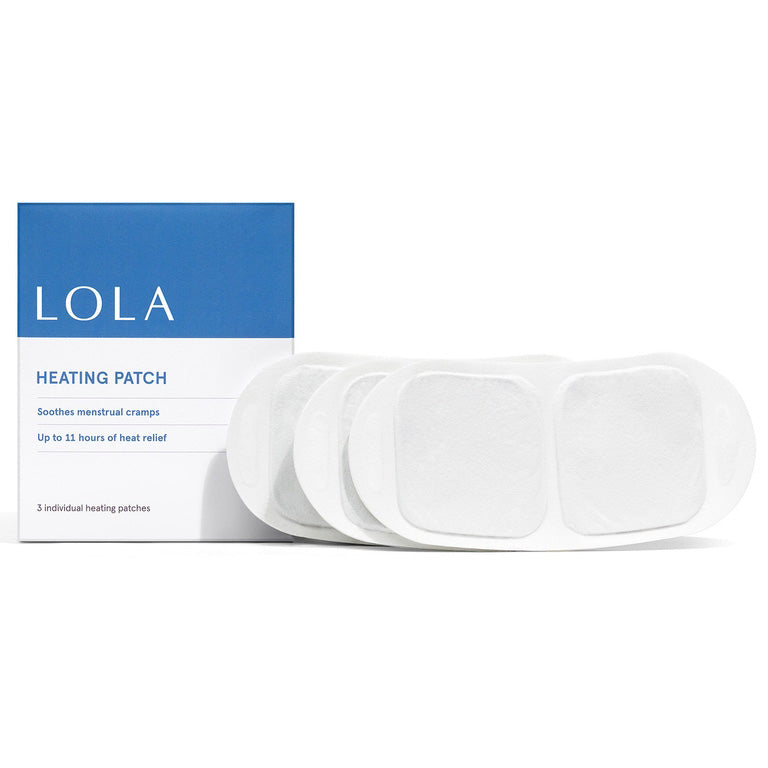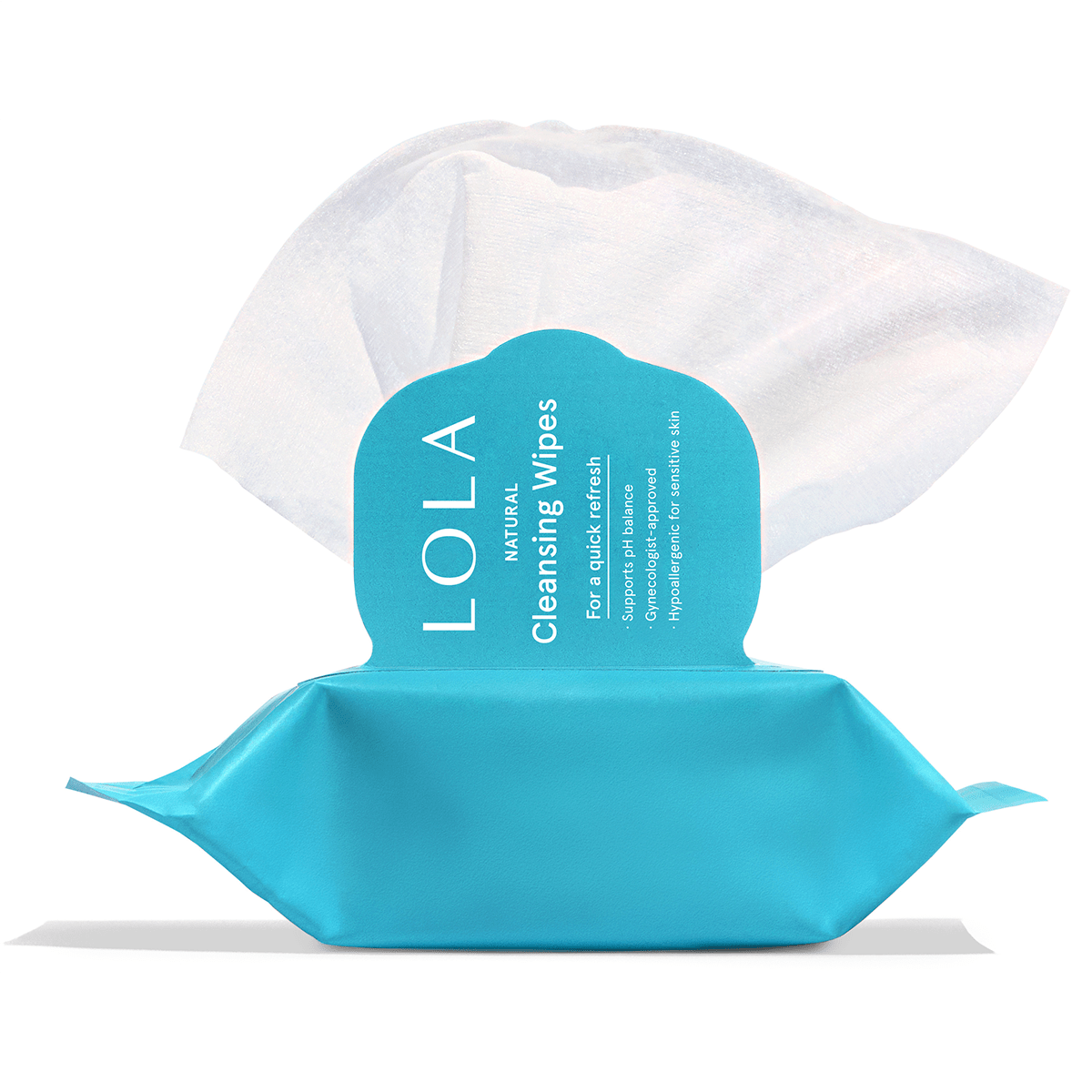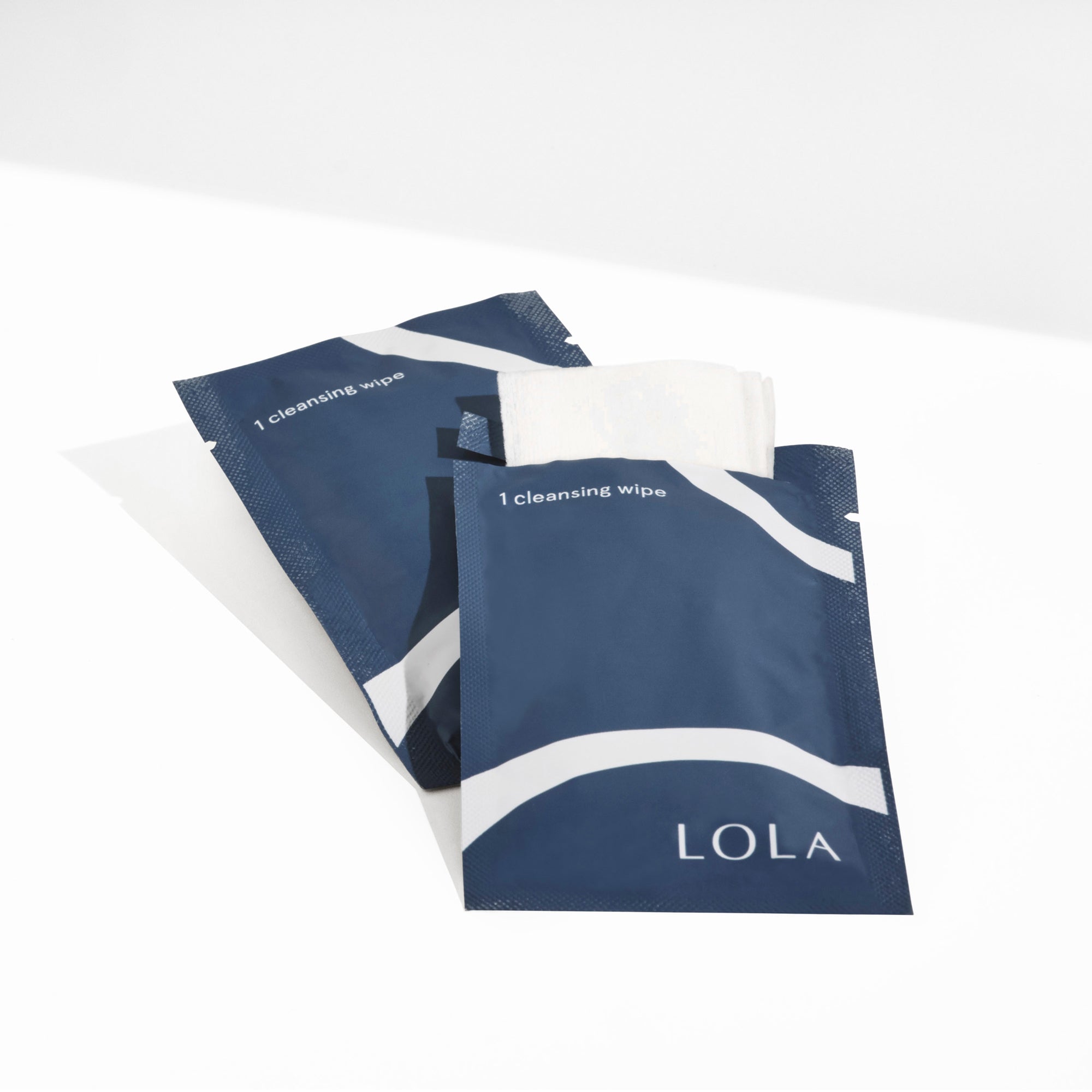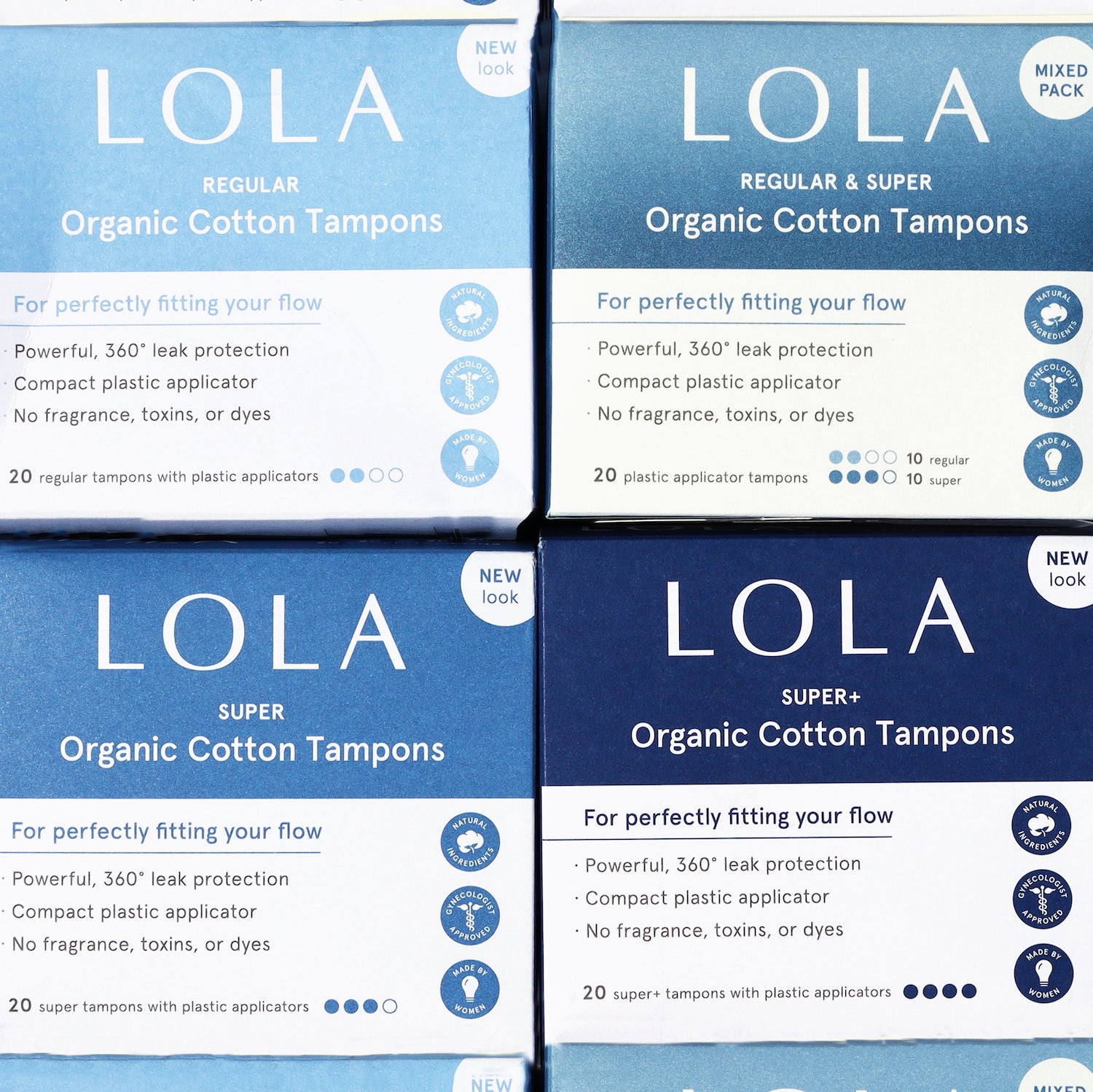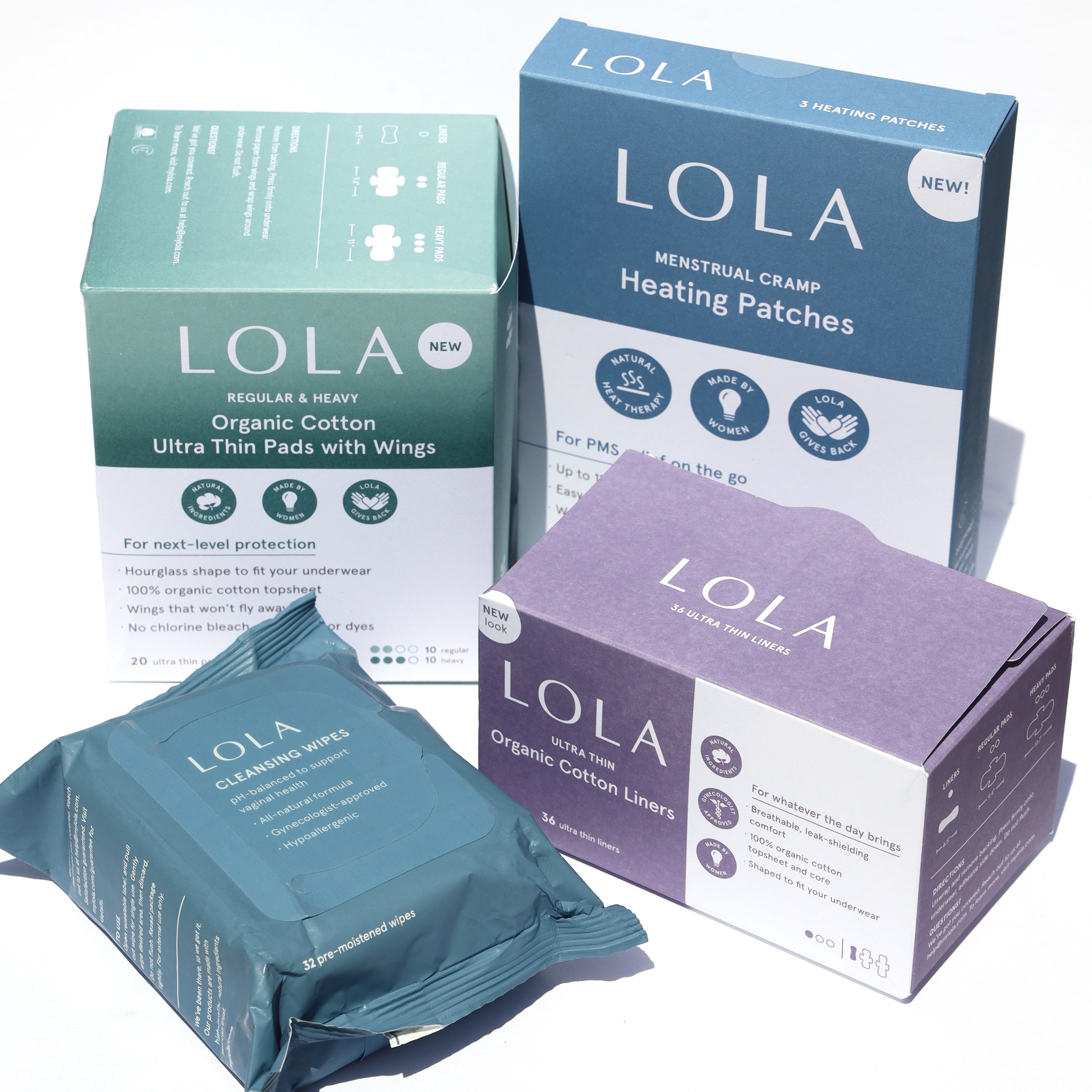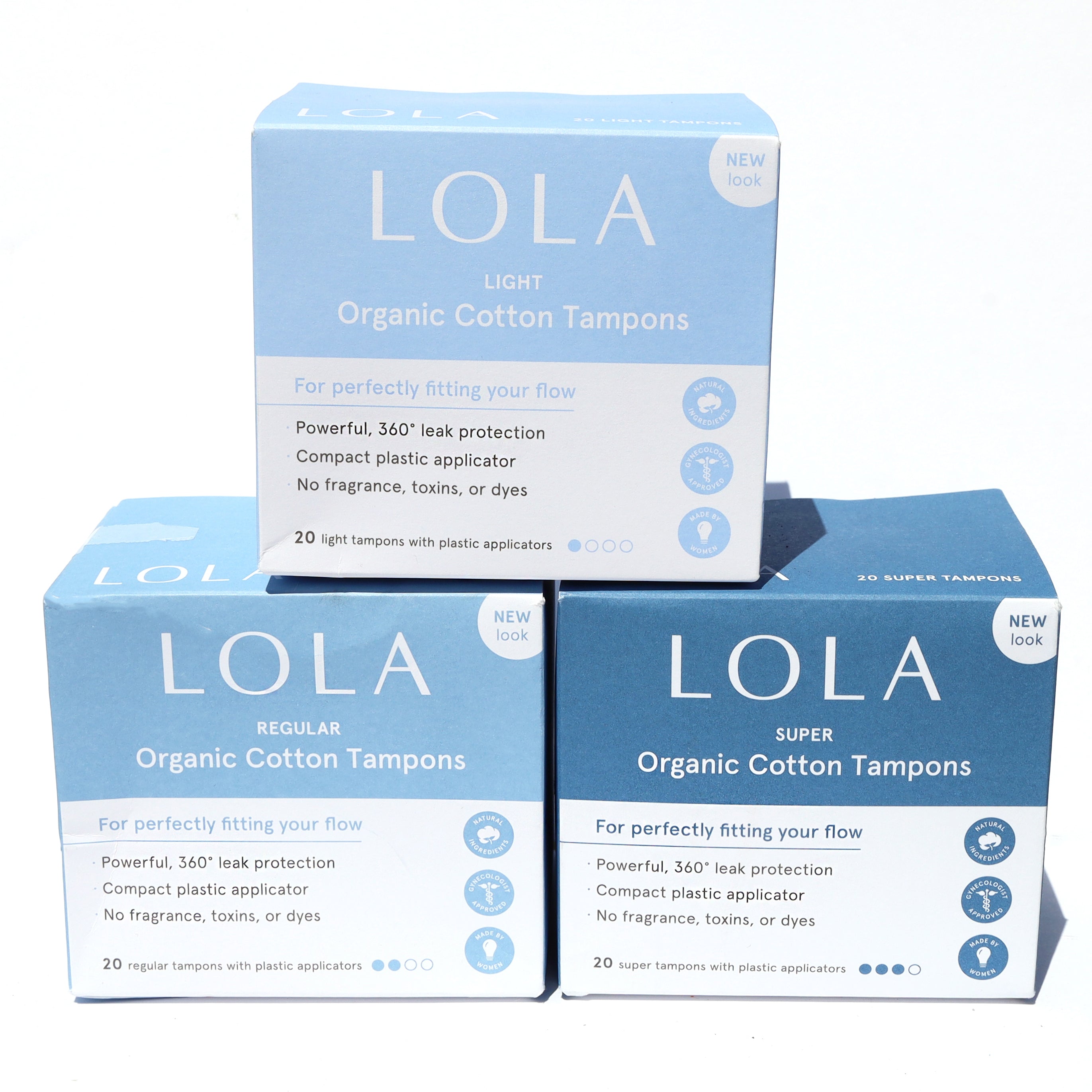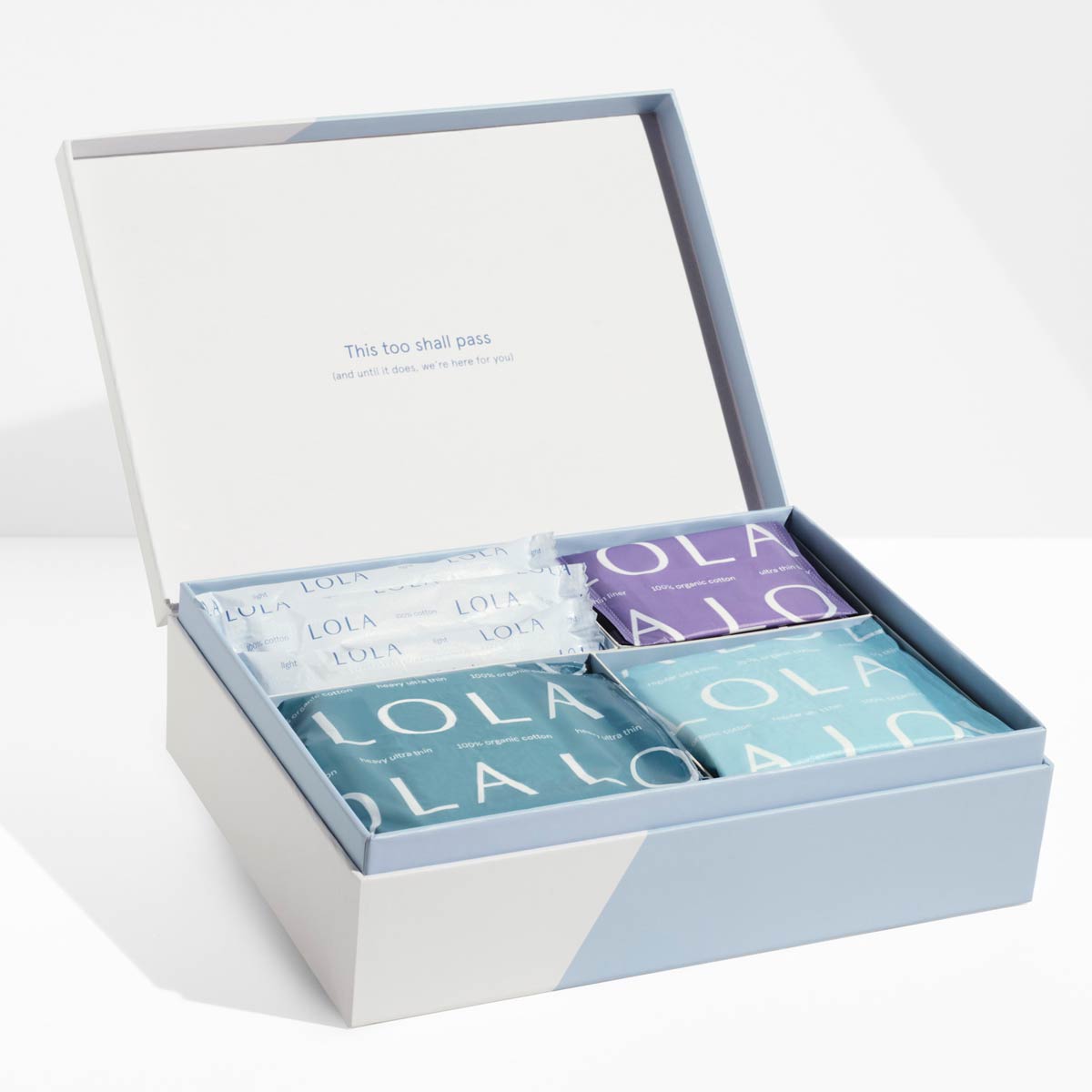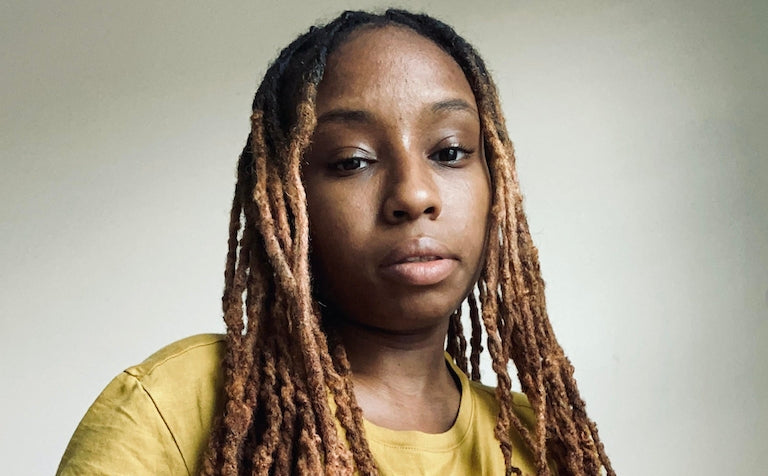I remember the first time I learned something was wrong with me. I was at my internship at The Source Magazine in 2014 when I suddenly felt the need to go to the bathroom. I immediately left my office in midtown Manhattan and took the train home to Jamaica, Queens. The pain in my abdomen grew excruciatingly worse with every minute.
When I finally got up the stairs to my grandmother's apartment around 10:30 p.m., I gave her a meek "Hi" as I rushed past her to the bathroom.
Whew, I said to myself as I dropped my pants.
And, nothing.
Nothing came out. But this sharp pain in my stomach was still pummeling away at my left side. I made some ginger tea and went to lie down. When my grandma asked what was wrong, I explained to her what happened " or rather, what didn't " and nursed myself to sleep.
Then around 4:30 a.m., I was jolted awake by a violent flash of pain across my stomach.
"Grandma!" I called out, wincing in the most pain I'd ever felt before. By the time she flipped the light on and called out my name, I was already curled up into a ball on the edge of the bed.
"I need to go to the hospital. I feel like I'm dying," I wept.
What happened between the cab ride and lying on a bed in the middle of Forest Hills Hospital's hallway is still a blur. When I came to, I was being wheeled into a room with a machine that looked as if it would suck me into another realm. (It was a CT scan machine, I later learned.)
That's when I first found out I had an ovarian cyst. I was told that it was nothing to worry too much about. They handed my grandmother a prescription for some over-the-counter ibuprofen and sent me on my way.
When I went for a follow-up at my gynecologist's office about a month later, I was told the cyst had grown to the size of an orange. The doctors in the emergency room had compared it to a golf ball only a few weeks ago.
"Ha, I hope you weren't planning on having kids anytime soon!" my gynecologist said with a chuckle.
I was appalled by his insensitive response. I couldn't believe he found this funny, especially since I was still unclear about what an ovarian cyst actually was and how I ended up with it in the first place.
"Nothing to worry too much about," he continued. The doctor then began describing the fluid-filled sac growing around one of my ovaries. "We'll just watch it to see if it grows any more, but they usually go away on their own."
"Oh"¦ Okay," I replied, eyebrows raised.
After that, nothing. Over two years, I went back to the gynecologist two to three times to have an x-ray. The cyst grew larger with each visit, but he seemed less concerned with every appointment.
The pain had subsided as time went by, but my periods grew extremely brutal. I'd have to take two 500mg Tylenols just to get through a few hours of work.
The anxiety and sadness I felt was immense. I felt so alone, and it didn't help that none of my loved ones fully understood how I was feeling.
A couple years later, in 2019, I had another episode after drinking a cold brew before a meeting at work (I'd later find out that caffeine is a huge endo trigger). All my experiences with doctors up until this point had ended with me being sent home with medication that never helped. I didn't think too much about the pricking pain, but it was enough to ask my boss if I could take the rest of the day off. He told me to go home and get some rest.
But then the contraction-like aches started up again, every morning for seven days straight. On the seventh day, the pain shook me so hard I sobbed at my desk " the first time I'd ever cried in public.
On September 12 last year, I was diagnosed with endometriosis. A new doctor explained the chronic illness to me, and for the second time in a week, I cried in front of someone who wasn't a part of my family.
So many questions followed"¦
How did my uterine lining invert itself?!
I can't eat meat anymore? What about dairy?!
How can I make this pain stop?!
Before I could ask them out loud, the doctor immediately offered to put me on hormonal birth control. While I learned that contraceptives could help relieve the symptoms of endometriosis, I also found out that they don't actually treat the disease, so I declined. I left her office and spent my whole Uber ride Googling every endo pain reliever I could find until I got home.
The results? Over-the-counter ibuprofen and a heating pad. A HEATING PAD.
In the two weeks that followed, I missed more days at work than I ever had before. Everytime I decided to eat anything remotely satisfying, endo pain soon followed. Over-the-counter pain medication and heating pads didn't help one bit.
The anxiety and sadness I felt was immense. I felt so alone, and it didn't help that none of my loved ones fully understood how I was feeling. The emotions I felt eventually pushed me to begin writing about my experiences with endo, which I've aptly nicknamed "That B***h."
After writing the most personal article I'd ever written in my life, I sent it off to an organization I found named ENDO Black. I hoped someone from the platform "designed to connect women of color affected by endometriosis" would hear my cries and support me, too. Afterwards I went to their Instagram page and saw they'd already shared my story before I'd even gotten a chance to speak with them. I was even more surprised when their founder, Lauren Kornegay, replied to my email to let me know she'd already planned on reaching out to me.
Joining the ENDO Black community finally made me feel like I fit in somewhere. Sadly, most of the members have similar horror stories when it comes to their diagnosis and subsequent treatments. Despite the shared hardship, we laugh together. We learn from one another. And we educate others about the more than 200 million women who have been dealt the same blows from "That B***h."
With the ENDO Black community's help, and my own research, I've also looked into other options to heal myself. Pescetarianism. Yoga. Therapy for stress management. I continue these practices to this day, and while things didn't change overnight, after 3 months my body finally began to adjust and heal itself.
Though my symptoms have improved, my endometriosis is not cured. I still have to deal with the pain. But with the support of my family, friends and fellow endo sisters, I'm making progress and learning to live with this disease. I no longer feel alone.
